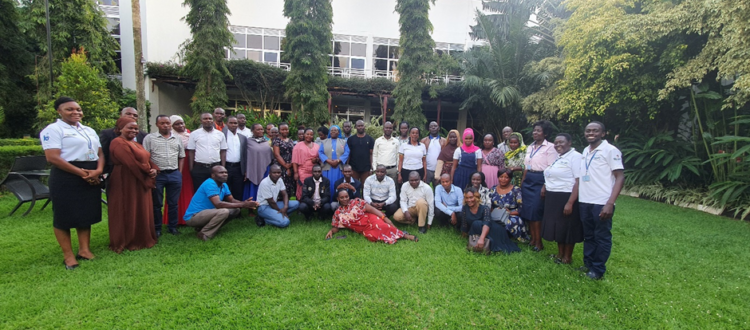M-Suubi Study Empowers Educators to Combat HIV Stigma and Depression
 Human Immunodeficiency Virus (HIV) remains a significant global health concern, often accompanied by the silent battle of depression. This comorbidity stems from the emotional impact of the diagnosis and the virus’s neurological effects. Acknowledging the importance of addressing mental health alongside medical treatment is paramount in the holistic care of those living with HIV. Effective interventions typically encompass psychotherapy, such as cognitive-behavioral therapy, and the use of antidepressant medications. In addition, robust support networks, peer counseling, and regular medical check-ups are vital components of depression management in this demographic. In the pursuit of our M-Suubi study’s objectives, which aims to mitigate the impact of HIV stigma on Adolescents Living with HIV (ALHIV) in Uganda, we have embarked on an empowering journey with educators. Our goal is to equip them with the knowledge and tools necessary to reduce enacted HIV stigma and foster supportive environments for ALHIV within their schools. This endeavor is accomplished through our Group-Based HIV Stigma Reduction training for Educators (GED-HIVSR) program.
Human Immunodeficiency Virus (HIV) remains a significant global health concern, often accompanied by the silent battle of depression. This comorbidity stems from the emotional impact of the diagnosis and the virus’s neurological effects. Acknowledging the importance of addressing mental health alongside medical treatment is paramount in the holistic care of those living with HIV. Effective interventions typically encompass psychotherapy, such as cognitive-behavioral therapy, and the use of antidepressant medications. In addition, robust support networks, peer counseling, and regular medical check-ups are vital components of depression management in this demographic. In the pursuit of our M-Suubi study’s objectives, which aims to mitigate the impact of HIV stigma on Adolescents Living with HIV (ALHIV) in Uganda, we have embarked on an empowering journey with educators. Our goal is to equip them with the knowledge and tools necessary to reduce enacted HIV stigma and foster supportive environments for ALHIV within their schools. This endeavor is accomplished through our Group-Based HIV Stigma Reduction training for Educators (GED-HIVSR) program.
Teachers often witness their students facing various challenges and, as a result, extend care and assistance to those in need. While not all educators initially identify themselves as supports for ALHIV, studies in Sub-Saharan Africa underline their willingness to provide this crucial support within school settings. However, factors like poverty, insufficient community resources for HIV-affected children, a lack of knowledge on supporting vulnerable children, and the stigma surrounding HIV can hinder children from confiding in their teachers. Educating school staff, particularly in boarding schools, about HIV and depression promotes a supportive and inclusive environment. This awareness equips staff to recognize and address the unique challenges faced by children and adolescents living with HIV, thereby reducing stigma and isolation. It facilitates timely interventions, ensuring that necessary support and resources are provided, ultimately enhancing the mental health outcomes for affected students.
During the month of October, we successfully trained 61 educators from seven districts, including Masaka, Kalungu, Lwengo, Kyotera, Rakai, Bukomansimbi, and Lyantonde, through the GED-HIVSR program. This two-day training not only equipped educators with comprehensive HIV-related knowledge but also provided a safe space for them to reflect on personal values and biases that may have influenced their ability to support ALHIV. The program empowered them with the knowledge and skills to become agents of positive change within their schools.
The educators’ feedback has been overwhelmingly positive, highlighting how the training is equipping them with the knowledge and skills to provide accurate information about HIV, create a more inclusive school environment, and support all their students and ALHIV without requiring them to disclose their status. Upon completing the five GED-HIVSR manual chapters, educators developed action plans based on the training and expressed their commitment to applying this knowledge at their schools. As an added bonus, each educator received seven boxes of school chalk for their respective schools. This initiative has already impacted 132 educators across the Greater Masaka region, spanning the seven districts mentioned. We are excited to continue this training for an additional cohort of teachers in the near future.
We extend our heartfelt appreciation to the dedicated field team in Uganda, our study participants, and our MPIs, Drs. Ssewamala and Mutumba, for their leadership in this remarkable intervention. The program promises to reduce the effects of HIV stigma, improve the mental well-being of ALHIV, and, in the long run, contribute to overall public health. We hope that the government of Uganda will consider scaling up this intervention for the benefit of more students across the country. Cheers to ICHAD’s ongoing commitment to positive change and the well-being of all.

